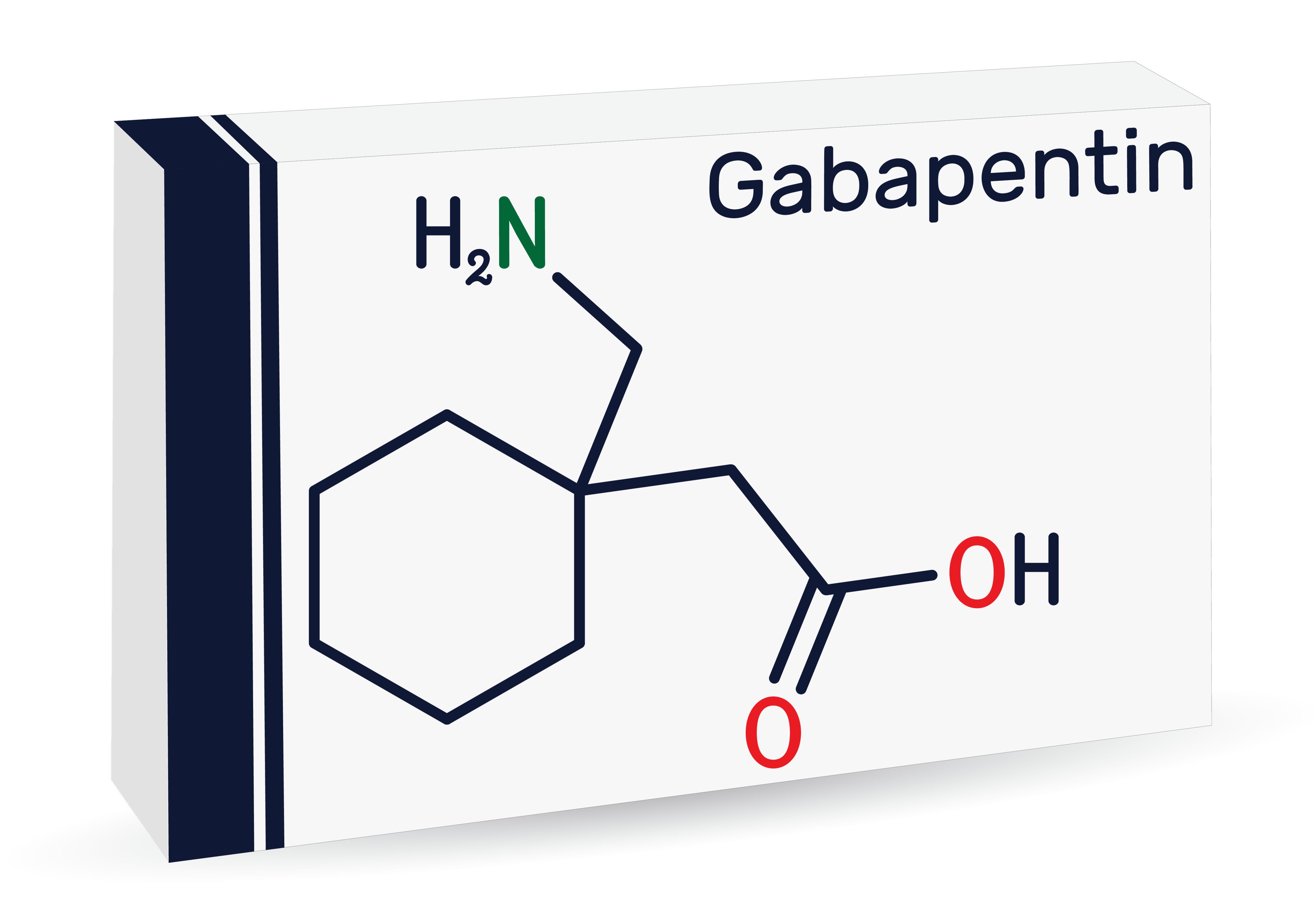Think Twice Before Taking Gabapentin for Back Pain
Chronic back pain is one of the most common disabilities people face on a daily basis. While “back pain” is a general term, there are thirty known causes. Some of the more common ones include:
- Herniated disc
- Facetogenic pain
- Sacroilitis
- Piriformis Pain
Over time, trauma and inflammation can lead to damage to the nervous system causing it to be more reactive and potentially resulting in persistent pain symptoms.
Many doctors try to treat these sources of pain with conservative measures before they try surgery with patients. These measures are things like physical therapy, injections, and medications.
Gabapentin - What it is, and How it Works
One medication that is prescribed frequently for people with back pain is gabapentin, also known as Neurontin. Gabapentin was originally designed to treat seizures, but research later discovered that it can be used for chronic back pain.
Nerve pain, also known as neuropathic pain, is a chronic condition that occurs when nerves are damaged or not working properly. People can experience nerve pain from a pinched nerve, often resulting from a herniated disc in the back. Along with herniated discs, arthritis of joints, more specifically facet and sacroiliac joints in the spine, can lead to an inflammatory response that irritates nerves leading to burning, sharp, and stabbing pains. Back pain can present with these symptoms and because of this, many physicians will prescribe gabapentin to treat them.
The medication works to block the signal that would transmit pain, leading to a decrease in burning, sharp, and shooting pains people feel when their discomfort flares up. With gabapentin's use, the idea is that the medication will desensitize the nerve and stop it from firing leading to pain relief.

Effects of Gabapentin and Associated Risks
“Curing” back pain with gabapentin seems so easy right? When taking gabapentin, there are side effects and complications associated with the drug. Some of the side effects include:
- Dizziness
- Nausea
- Vomiting
- Weight gain and swelling
- Kidney Issues
These are just some of the many reactions from the drug. A common complication with taking the drug is breathing related issues. Shallow or slow breathing is a known risk, and in severe cases, gabapentin can cause respiratory depression. In an article published by the Food and Drug Administration, they released a statement warning people taking this medication with lung related issues.
Furthermore, long term use of the medication can lead to other concerning risks. Many people who take it for a long time describe ‘mental cloudiness' and difficulty thinking and concentrating. Until recently, it was speculative that gabapentin was the cause of slowed thinking in people, until new studies emerged.
Emerging Concerns: Does Gabapentin Cause Dementia?
Recent studies have shown that gabapentin is linked to dementia in patients. What is dementia exactly? Dementia is the general term for loss of cognitive ability. This can range from memory loss, language, problem solving, and even critical thinking.
According to a recent journal article, “Risk of dementia following gabapentin prescription in chronic low back pain patients” it discusses the increased risk of dementia in patients who are taking gabapentin. The results from the study were astonishing:
- Patients who had taken six or more prescriptions of the medication had an increased prevalence of dementia and cognitive impairment.
- When taking into account age, people who are non-elderly (18-64 years of age) had double the risk of dementia compared to people not prescribed the medication at all.
- Higher frequency use (twelve or more prescriptions) was associated with significantly increased rates of dementia and mild cognitive impairment, compared to lower frequency users (three to eleven prescriptions).
Seeing these results should set off an alarm if you are taking this medication, especially younger people who have been prescribed this medication and are reading about the side effects.
Gabapentin, commonly prescribed “off-label” for people with chronic back pain, has shown to have major side effects, and recently discovered long term risks to cognition in people. Despite this evidence, doctors still prescribe this medication to people and their pain never truly resolves.
Game-changing Procedures
Instead of popping pills that give temporary relief, here at the Deuk Spine Institute, I have pioneered revolutionary ways to cure chronic back pain. The Deuk Laser Disc Repair (DLDR) is a minimally invasive form of endoscopic laser surgery to treat back pain by vaporizing herniated disc material. Along with the DLDR, we also have the Deuk Plasma Rhizotomy (DPR) to treat facetogenic and sacroiliac joint pain with my patented technology.
Watch Deuk Laser Disc Repair in Action
Our goal is to be completely transparent about our process and procedures for treating back issues. We livestream surgeries with our patients’ written consent, allowing you to observe our technique.
MAKE YOUR FIRST PAIN-FREE MOVE

Upload your latest MRI for a free review and a personal consultation with myself, Dr. Ara Deukmedjian, MD, founder of Deuk Spine Institute and the creator of the Deuk Laser Disc Repair and the Deuk Plasma Rhizotomy.
